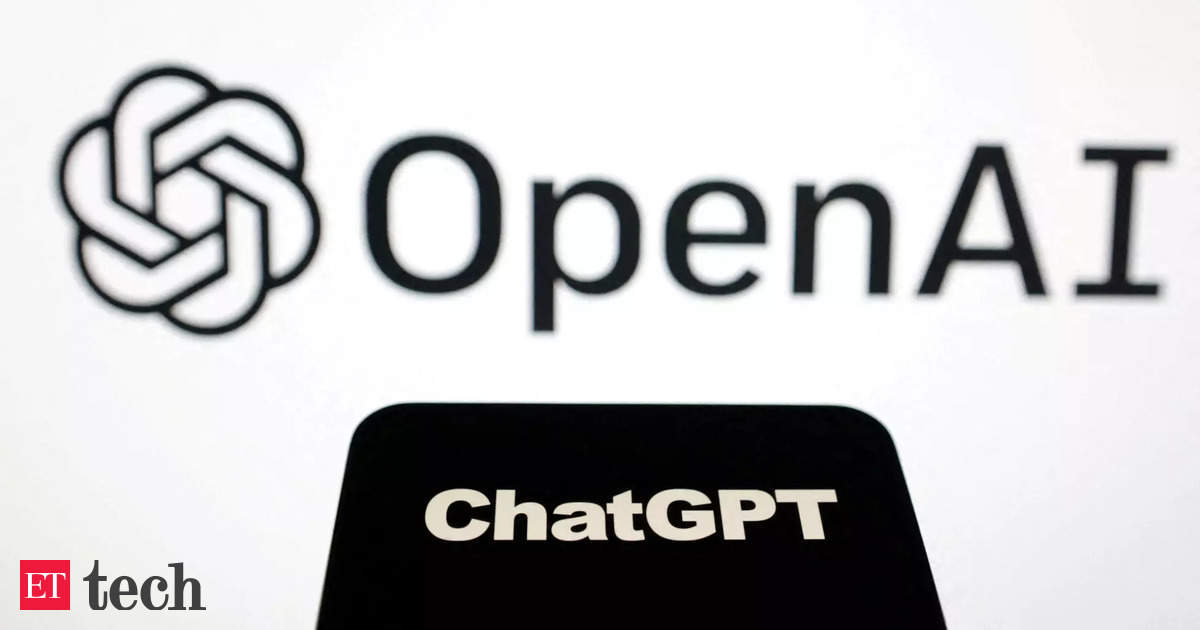To do this, the researchers took advantage of advances in GPT-4, the large language model that powers ChatGPT, which “has access to vast amounts of information and the ability to generate tailored arguments.” A large language model, a form of artificial intelligence, is trained on huge amounts of textual data and can therefore respond to user requests in natural language.
The team found that among more than 2,000 people who identified themselves as conspiracy theorists, conversations with the ChatGPT AI model reduced the average participant’s beliefs by about 20 percent.
Additionally, about a quarter of participants, all of whom had previously believed in a particular conspiracy, “debunked” it after chatting with the AI-powered bot, the researchers said.
“Large language patterns can thus directly refute the particular evidence that each individual cites to support his or her conspiracy beliefs,” the authors wrote in the study published in the journal Science.
In two separate experiments, participants were asked to describe a conspiracy theory they believed in and provide evidence to support it, after which they engaged in a conversation with the chatbot.
Discover the stories that interest you
“The conversation lasted 8.4 minutes on average and involved three rounds of back-and-forth interaction (not counting the participant’s initial elicitation of reasons for belief)…” the authors wrote. A control group of participants discussed an unrelated topic with AI. “The treatment reduced participants’ belief in the chosen conspiracy theory by 20 percent on average. This effect persisted unabated for at least 2 months…” the authors wrote.
Lead author Thomas Costello, an assistant professor of psychology at American University, said: “Many conspiracy theorists were in fact willing to update their views when presented with compelling counter-evidence.”
Costello added: “The AI provided highly detailed, full-page accounts of why the conspiracy in question was false in each round of conversation, and was also adept at being friendly and building rapport with participants.”
The researchers explained that until now it has proven difficult to convey persuasive and objective messages to a large sample of conspiracy theorists in a laboratory experiment.
First, conspiracy theorists are typically knowledgeable about the conspiracy, sometimes more so than skeptics, they said, adding that conspiracies also vary widely, so the evidence supporting a particular theory can differ from one theorist to another.
“Previous efforts to debunk dubious beliefs have one important limitation: You have to guess what people’s actual beliefs are in order to debunk them, which is not an easy task,” said co-author Gordon Pennycook, an associate professor of psychology at Cornell University in the US.
“Instead, AI can respond directly to people’s specific arguments using strong counterevidence. This offers a unique opportunity to test how responsive people are to counterevidence,” Pennycook said. As society debates the pros and cons of AI, the authors said AI’s ability to connect across multiple topics in a matter of seconds can help tailor counterarguments to a believer’s specific conspiracies in ways that aren’t possible for a human.
Disclaimer:
The information contained in this post is for general information purposes only. We make no representations or warranties of any kind, express or implied, about the completeness, accuracy, reliability, suitability or availability with respect to the website or the information, products, services, or related graphics contained on the post for any purpose.
We respect the intellectual property rights of content creators. If you are the owner of any material featured on our website and have concerns about its use, please contact us. We are committed to addressing any copyright issues promptly and will remove any material within 2 days of receiving a request from the rightful owner.


